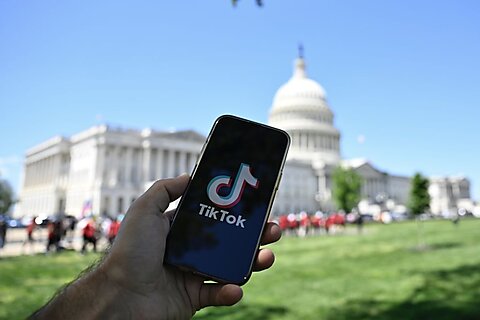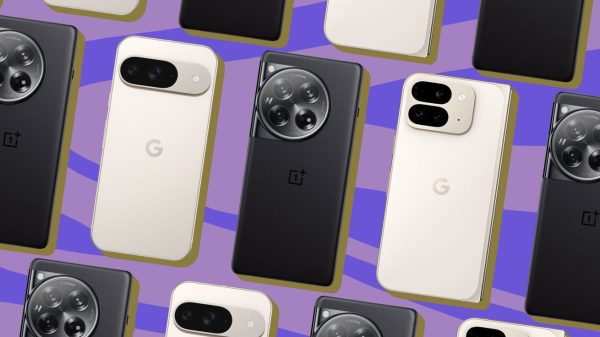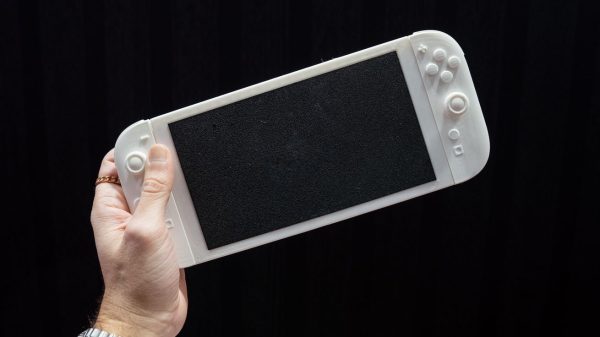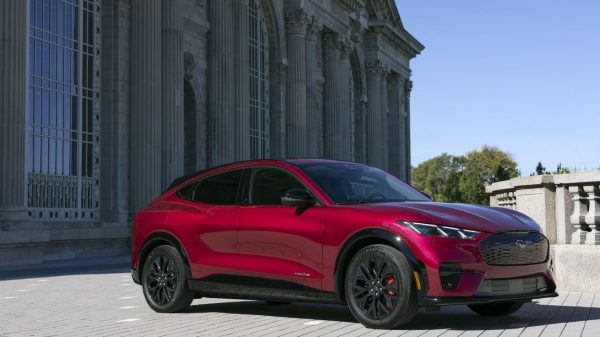
The EU has signed a deal for its IRIS² constellation of 290 communication satellites that will operate in both medium and low Earth orbit. The Starlink rival will provide secure connectivity to governmental users as well as private companies and European citizens, and bring high-speed internet to dead-zones. The public-private deal valued at €10.6 billion (about $11 billion), according to The Financial Times, is expected to come online by 2030.
According to the European Space Agency (ESA), the interlinked satellites placed into different orbits will “enable the constellation to communicate securely and quickly and remain constantly connected without needing thousands of satellites.” SpaceX, by comparison, has already launched some 7,000 low Earth satellites since 2018 to ensure Starlink’s global coverage and low latencies. The IRIS² constellation will consist of 264 spacecraft in low Earth orbit and 18 in medium Earth orbit.
SpaceRISE — a consortium led by European satellite network operators SES, Eutelsat, and Hispasat, and supported by European satcom subcontractors like Airbus and Deutsche Telekom — has been given a 12-year concession contract to develop, deploy, and operate the IRIS² constellation. IRIS² is an acronym for Infrastructure for Resilience, Interconnectivity and Security by Satellite.
“This cutting-edge constellation will protect our critical infrastructures, connect our most remote areas and increase Europe’s strategic autonomy. By partnering with the SpaceRISE consortium, we are demonstrating the power of public-private collaboration to drive innovation and deliver tangible benefits to all Europeans,” said Henna Virkkunen, Executive Vice-President for Tech Sovereignty, Security and Democracy.
In September, FCC chair Jessica Rosenworcel said she wanted to see more competition to Elon Musk’s Starlink. “Our economy doesn’t benefit from monopolies… every communications market that has competition is strong, we see lower prices and more innovation, and honestly, space should be no exception.”
Update, December 17th: Added details on the numbers of satellites in the constellation.






















